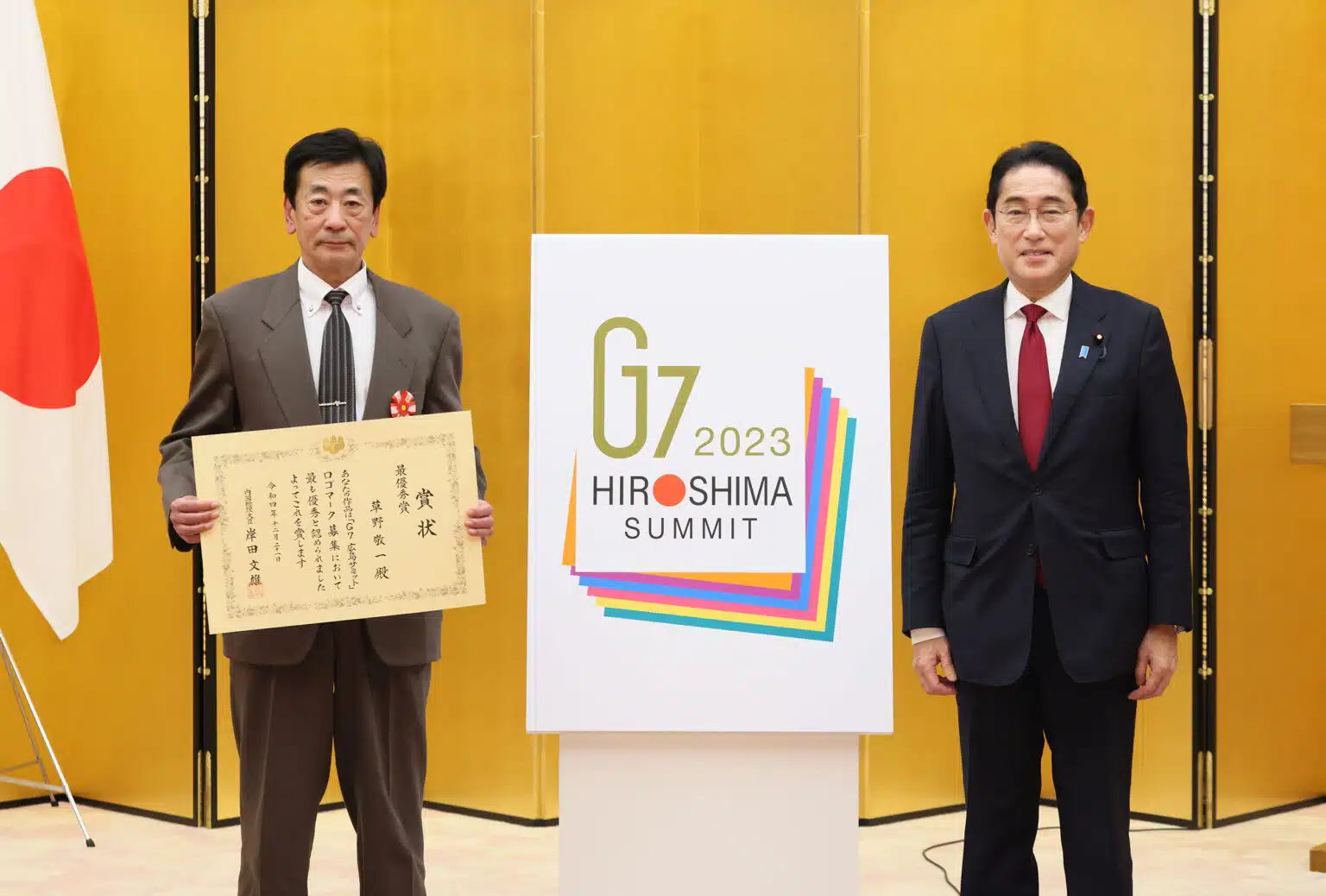Russian aggressiveness dominates the three-day talks while China and North Korea find mention too.

The seven wealthy nations stand firm in intensifying sanctions against Russia and are committed to coordinating and enforcing them. Chinese aggression near self-governed Taiwan and the North Korean nuclear arsenal were also discussed by the foreign ministers of the G7 countries, while also resolutely reprimanding those aiding Russia. Moscow found support from China, Iran and Belarus, who have been allegedly supplying arms to Russia.
The joint communique criticized the Russian atrocities against civilians in Ukraine and agreed that there can be no impunity for war crimes. Moreover, it stated, that cross-strait issues need peaceful resolution and the China-Taiwan issue stands as an indispensable element in the security and prosperity of the international community.
The communique might be indispensable for the upcoming G7 summit being held in Hiroshima in May. Notwithstanding, Iran’s nuclear proliferation, Myanmar’s military coup and prolonged hesitancy in holding a democratic election were also discussed, with other such grave issues, at Japan’s Nagano prefecture.

G7, an inter-governmental political forum consisting of Canada, France, Germany, Italy, Japan, the United Kingdom and the United States, additionally, reiterated the importance of a free and open Indo-Pacific, reaffirming their unfazed support for the unity and centrality of the ASEAN.
They highlight their support for the Pacific island countries and the pressing need to fulfil their priorities and needs through the Pacific Island Forum’s 2050 strategy for the Blue Pacific Continent, along with the fourth International Conference on Small Island Developing States of 2024. The G7, expedite to phase-out of fossil fuels but present no proper deadline, while also maintaining the Russian oil price cap at sixty dollars per barrel. Earlier they had condemned the Russian plan to station nuclear weapons in Belarus.
The 7 industrial nations also agreed on revitalized engagement in the Indo-Pacific region, and Pacific island countries, to regularize discussion and enhance coordination. While welcoming and encouraging efforts made by the private sector, universities, and think tanks, which aim for a free and open Indo-Pacific, the communique also reaffirmed individual initiatives of the G7 members and underscored their commitment to further strengthen and coordinate among themselves, while working with regional partners, including ASEAN and its member states.

Free and Open Indo- Pacific
The wealthy coalition has stressed that they will stand by Ukraine with unflinching determination, and keep up with their sanctions. The upcoming Hiroshima summit might reiterate a few of these points, along with detailed discussions on the sustainability of their resources, how they might deal with the possible recession and the secure South China Sea. The Karuizawa meeting emboldened their unchanged Taiwan policy despite controversial comments from France’s president. The position of women and minorities in the Taliban regime in Afghanistan was referred to as ‘systematic abuse’, by the ministers. Taliban’s ban on women working in non-governmental organizations and the United Nations demanded an ‘immediate reversal’, and was condemned to be an ‘unacceptable decision’.
The G7 foreign ministers meeting was presided by Yoshimasa and attended by UK foreign secretary James Cleverly, US Secretary of State Antony Blinken, German Foreign Minister Annaelena Baerbock, Canadian Foreign Minister Melanie Joy French Foreign Minister Catherine Colonna, Italy’s Foreign Minister Antonio Tajani and Deputy Secretary General of the European External Action Service (EEAS), Enrique More.













